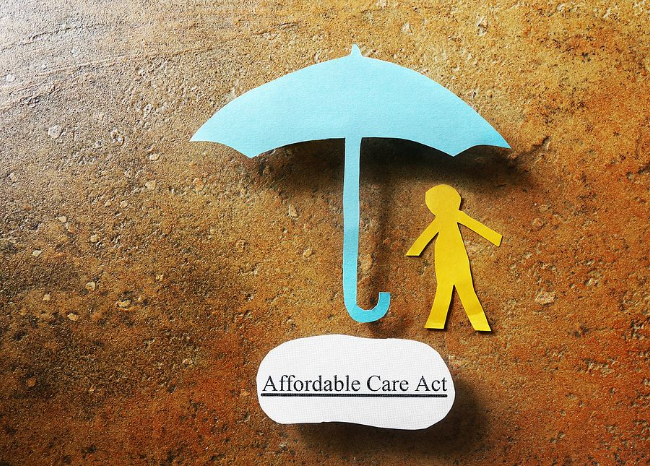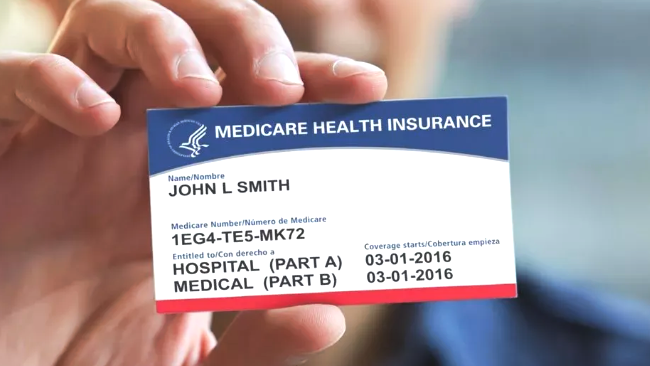Share This Post
As a society as a whole, we do not treat the flu seriously enough. This is in large part because it is something that everyone has been exposed to at one point or another. When one is exposed to anything on a frequent basis, be it an illness, tragic news coverage or natural disaster, one becomes numb to it and gives it little attention. As any Santa Rosa health insurance broker knows, that inattention can be dangerous and even life-threatening when it comes to influenza.
Know the Signs of the Flu and Get Treatment
The flu is characterized by many uncomfortable symptoms, including chills, fever, muscle aches and respiratory issues. These symptoms are often so severe that even healthy individuals become bedridden for a week or longer. When left untreated, the flu can become something much worse, such as pneumonia or bronchitis. Pneumonia and bronchitis are always dangerous, but for infants, elderly, pregnant women and unwell individuals, the conditions can result in dire consequences.
Flu Can Exacerbate Underlying Health Conditions
Because the flu weakens the body so drastically, individuals with weakened immune systems have a harder time fighting the virus. The virus, in turn, can make certain health problems much worse. For instance, individuals with diabetes may have a hard time controlling their blood sugar levels when so critically ill, which can cause their blood glucose levels to spike. Some other common conditions that worsen from the virus include:
- Chronic lung disease
- Asthma
- Kidney disorders
- Liver disease
- Blood disorders
- Obesity
If you or a loved one begins to experience flu-like symptoms and lives with any of the above conditions, contact a health professional right away.
Influenza and Underlying Heart Failure
Some of the most at-risk populations for flu complications are those with underlying heart failure, coronary disease and arrhythmias. If allowed to progress untreated, the flu can result in emergency health conditions such as heart attack or stroke. This is because the flu puts an increased level of stress on the heart, thereby increasing one's blood pressure, heart rate and stress hormone levels. If the virus triggers an infection, inflammation may occur, which may lead to myocarditis, or inflammation of the heart muscle. Myocarditis is a condition in which the heart becomes so weak that it is unable to pump blood on its own without mechanical support or medications. While some patients recover from myocarditis, the condition is often fatal.
Another heart condition of which ill individuals must be aware is pericarditis. Pericarditis occurs when the lining of the heart becomes inflamed. This inflammation can result in chest pain or buildup of fluid in the sac surrounding the heart. If the latter occurs, and if the person does not receive immediate medical attention, the condition can lead to death.
Prevention Is the Responsible Thing To Do
The flu shot may not be 100 percent effective, but the antibodies within the vaccine can help your body fight the virus if you should become infected with it. With the additional help, your risk for developing complications lessens. Moreover, the flu shot can help prevent the spread of the virus, making getting it the socially responsible thing to do.
Beyond getting the flu shot, you should have a backup plan should you contract the virus. That backup plan should include good insurance and a reputable healthcare provider. Contact Sackett & Associates Insurance Services for healthcare quotes. Also, don't forget to like us on Facebook, find us on LinkedIn and subscribe to our blog.
Share This Post
Taking The Pain Out Of Health Insurance
We make it simple to find the right insurance plans for your needs
In just a few quick steps.





